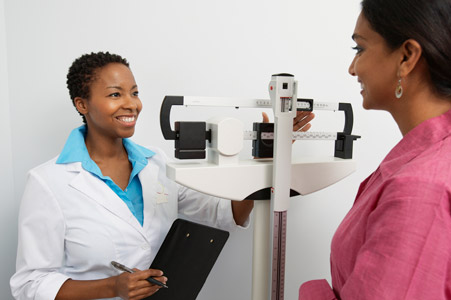


Understanding Colonoscopies and Other Colon Screenings
Colonoscopies play a crucial role in preventive healthcare, aiding in the early detection and prevention of colorectal cancer. According to the World Health Organization, colorectal cancer is the third most prevalent cancer worldwide, making up 10% of all new cancer cases. When detected early the chances of completing successful treatment often increase.
In this blog article, we will explore what colonoscopies are, when it's recommended to get one, and alternatives available for those who may be apprehensive about this procedure. After you’ve learned more about colonoscopies be sure to have a discussion with your doctor about maintaining and monitoring your colon health.
What Is a Colonoscopy?
A colonoscopy is a medical procedure that allows a healthcare professional, typically a gastroenterologist, to examine the inner lining of the large intestine (colon) and rectum. This is done using a long, flexible tube with a camera at the end, called a colonoscope.
The procedure helps in identifying and removing any abnormal growths, such as polyps, which can potentially develop into cancer over time. It is also used in diagnosing other colorectal diseases like ulcerative colitis.
When Should I Get a Colonoscopy?
Doctors will generally recommend a colonoscopy at age 45 and then, if everything appears normal, every 10 years after that. If you have a family history of colorectal cancer or certain genetic conditions, you may need to start screening earlier.
Why age 45? Researchers have found that colon cancer is on the rise in those under 50 and the earlier colorectal cancer is caught the better. When found in its earliest stages, colon cancer is 90% curable.
What Is the Colonoscopy Experience Like?
For the vast majority of people, a colonoscopy is a safe procedure. There will be an anesthesiologist on site to put you into a twilight sleep so you won’t remember the exam at all.
There is pre-colonoscopy prep you’ll do at home. You might have heard of the gallon you have to drink to clear out your intestines but there are many other options today, like smaller doses of magnesium citrate, that are much more tolerable.
The procedure itself only takes about 15 to 60 minutes but you’ll likely be at the doctor’s office for a few hours total for prep and aftercare. On rare occasions, there can be a reaction to the sedative used or the probe can cause bleeding or a tear.
It’s important you understand the risks and your unique needs by talking to your doctor before scheduling a colonoscopy.
What Are the Alternatives to Colonoscopies?
While colonoscopies are highly effective, there are alternatives available for those who may be unable to get the procedure because of health concerns or those who feel uncomfortable with the prep or associated risks.
Fecal Immunochemical Tests (FITs)
A FIT, or fecal immunochemical test, is a non-invasive test that detects blood in the stool, which may indicate the presence of colorectal cancer or polyps. It is typically done annually and can be performed at home — with the stool sample being shipped to a lab for testing.
Flexible Sigmoidoscopies
This procedure involves examining only the lower part of the colon using a shorter tube.
While not as comprehensive as a colonoscopy, it may be a suitable alternative for some individuals.
Virtual Colonoscopies (CT Colonography)
This imaging test uses CT scans to create detailed images of the colon. It doesn't require sedation but may still involve bowel preparation.
Stool DNA Tests
This test, prescribed by your doctor, looks for DNA changes in the stool that may indicate the presence of colorectal cancer. It is typically done every three years. Like the FITs, these tests can be conducted at home and then sent to a lab for testing.
Whatever your age, it’s important to have a discussion with your doctor about maintaining and monitoring your colon health. Before deciding if a colonoscopy is something you should explore, consult with a medical professional on your eligibility and associated risks.



.jpg)
.jpg)
.jpg)


















.jpg)





















.jpg)








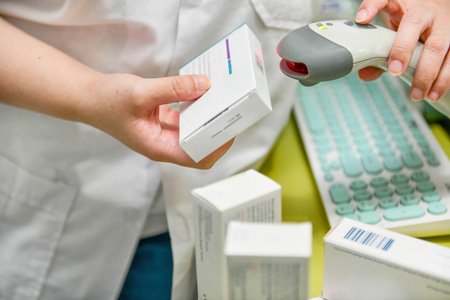

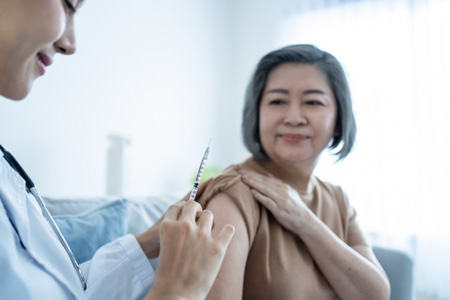



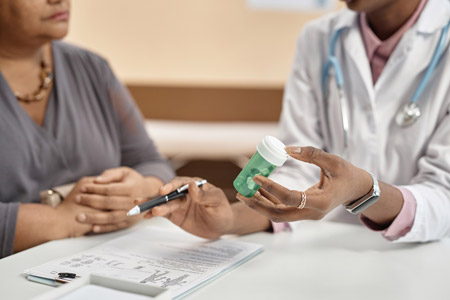

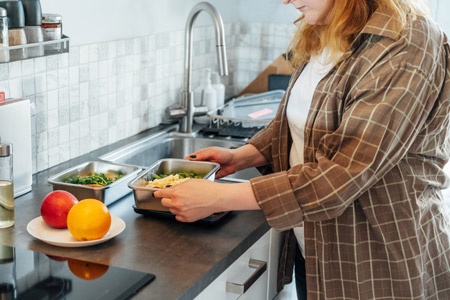
.jpg)
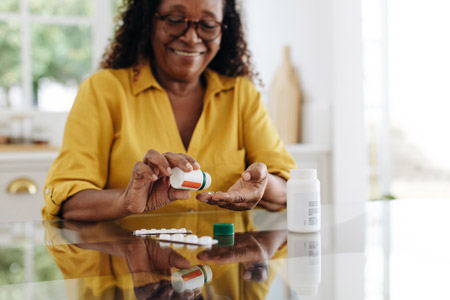


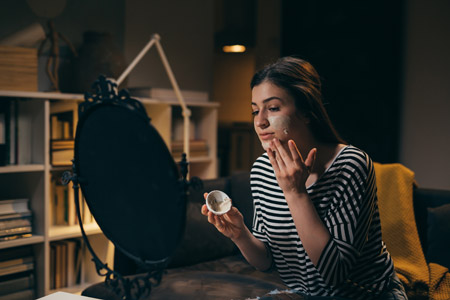

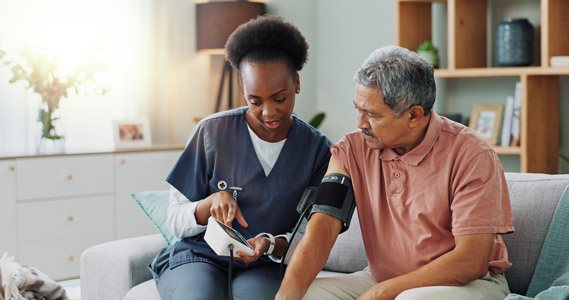












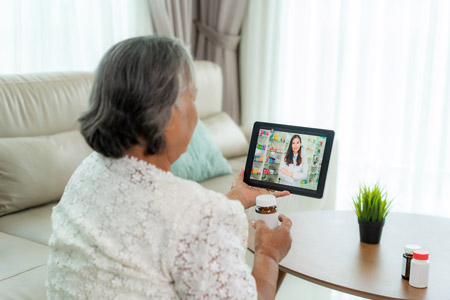




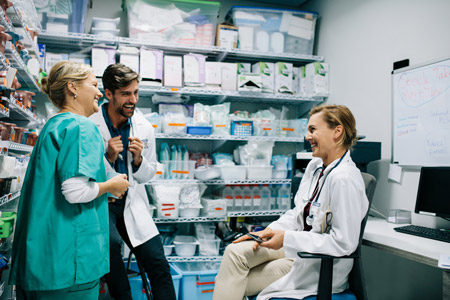

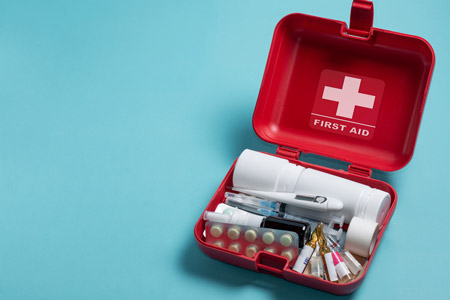
.jpg)
.jpg)
.jpg)


